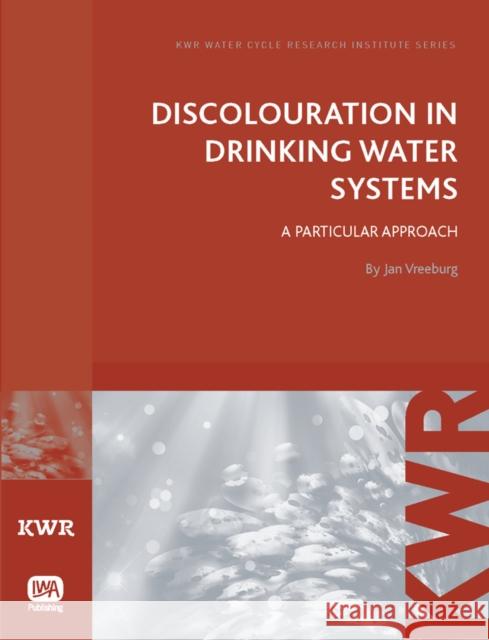Discolouration in Drinking Water Systems » książka
Discolouration in Drinking Water Systems
ISBN-13: 9781843393757 / Angielski / Miękka / 2010 / 166 str.
Special Offer: KWR Drinking Water Treatment Set - Buy all five books together and save a total 119
Discolouration in Drinking Water Systems analyses the particle-related processes involved in the generation of discolouration problems in the network. To this end, new measuring methods have been developed such as continuous monitoring of turbidity and particle count, the Resuspension Potential Method (RPM), and the Time Integrated Large Volume Sampler (TILVS). With these new methods the discolouration problem can be seen as related to loose deposits in the network. The incidental re-suspension of accumulated loose particles is the main cause of discolouration events in the network. The origin of the particles is mainly the treated drinking water, followed by processes in the network like post-flocculation, corrosion and leaching and biological growth and re-growth. Irrespective of the cause of the particles the accumulation to layers of loose deposits can initiate water quality problems.
This book looks at how managing the accumulation is possible through controlling the velocity in the pipes and through removing the loose deposits through effective cleaning.











